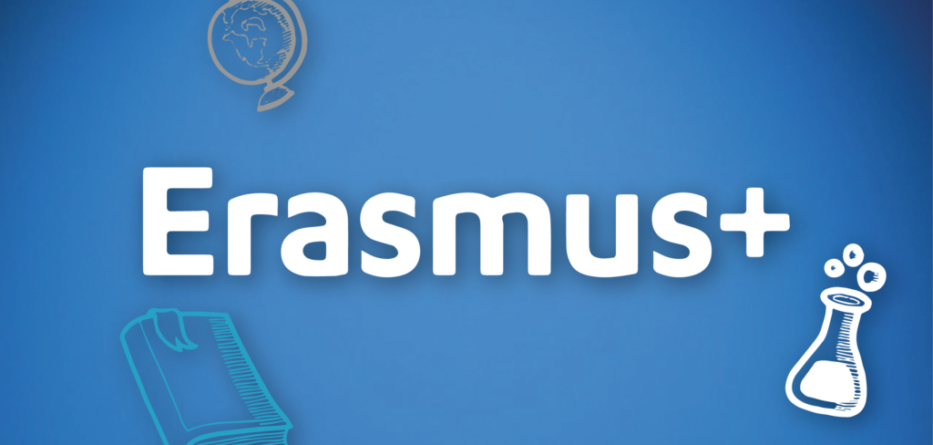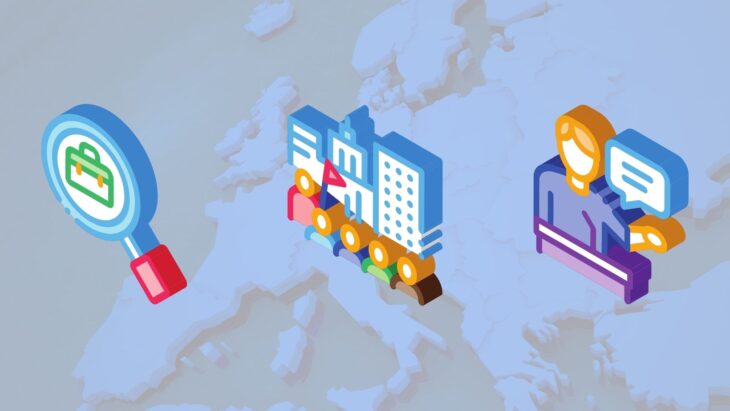What is Erasmus+
The European Union’s mobility program for Education, Training, Youth and Sport for the period 2014-2020 is called Erasmus+.
The Program, approved with EU Regulation No. 1288/2013 of the European Parliament and of the Council, combines and integrates all the funding mechanisms implemented by the European Union until 2013:
• Lifelong Learning Program (Comenius, Erasmus, Leonardo da Vinci);
• Youth in action;
• the five international cooperation programs (Erasmus Mundus, Tempus, Alfa, Edulink and the bilateral cooperation program with the industrialized countries).
It also includes Jean Monnet Activities and, for the first time, support policies for Sport activities.
So, not only scholarships for university students. The secondary school sector is also directly involved, offering students the opportunity to spend a period for personal and training growth in a foreign country, both by participating in a fully recognized study experience, and by carrying out a training internship at institutions, companies training and research centers operating in another EU country or participating in the Program.
Erasmus for school responds to the educational and training needs of secondary education through 3 key actions, transversal to the different sectors:
• Key Action 1: Mobility for Learning Purposes;
• Key Action 2: Cooperation for innovation and good practices;
• Key Action 3: Support for policy development and cooperation.
For higher education, the Erasmus+ project focuses on two key actions:
• Key Action 1: Mobility for individual learning;
• Key Action 2: Cooperation projects for innovation and exchange of good practices.
Erasmus+ project for higher education: student mobility
Key Action 1 provides Student Mobility, corresponding to the previous Erasmus, which can be divided into:
• Mobility for study abroad;
• Mobility for traineeship abroad.
The Erasmus+ study project gives students of higher education institutions the opportunity to spend a study experience abroad, with the consequent recognition of the training activities carried out. On the other hand, internships mobility offers them the opportunity to carry out a training internship abroad at institutions, companies, training and research centers operating in another country of the Union or participating in the Program.
Duration of mobility for high schools students
The project has a duration going from a minimum of 2 months up to a maximum of 24 months. For each cycle of studies (degree, master’s degree and PhD), the maximum duration of the project is 12 months, regardless of the type of mobility and the number of flows (for example 3 flowsof 4 months or 2 flows of 6 months).
Higher education institutions can choose to give priority to students who have never participated in a mobility experience abroad.
Countries of destination of the Erasmus+ project
All 28 Member States of the European Union plus Norway, Iceland, Liechtenstein, Turkey, Croatia and the former Yugoslav Republic of Macedonia can participate in the Erasmus+ Program.
How to participate
Unlike what happened for the Erasmus Project, it is not possible to apply directly to Erasmus+, but intermediation from the school or reference body is required and mandatory.
After obtaining the identification PIC code through the registration to ECAS (the EU’s online authentication service), and to the European Participant Portal, the institute can submit an application to the National Agency.



















